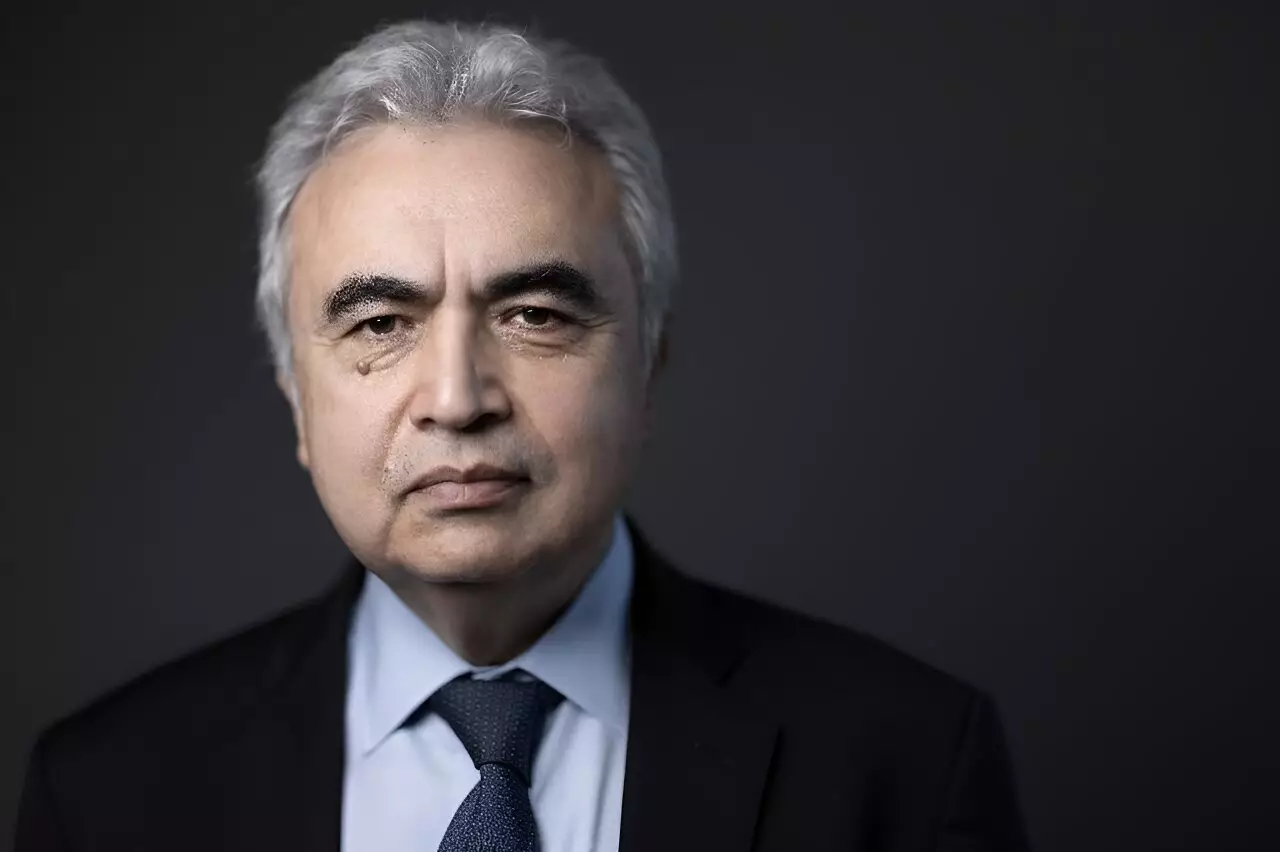Trade barriers can have a significant impact on the world’s energy transition, slowing down progress and hindering the fight against climate change. As global powers grapple with the issue of clean energy, concerns about fair trade and trade imbalances begin to emerge. This article explores the potential consequences of trade barriers on the ongoing energy transition and highlights the importance of fair trade in achieving a cleaner future.
China has emerged as a global leader in the deployment of solar and wind energy, as well as electric vehicles. However, disputes concerning trade barriers have cast a shadow over its clean energy accomplishments. The European Union recently launched a probe into Beijing’s subsidies for the electric car industry, raising fears of a potential trade war. At the same time, the United States offers significant energy transition subsidies, including tax breaks for domestically-made electric vehicles, which poses a threat to EU nations’ businesses. It is crucial for countries to consider the trade implications and assess whether the production of clean energy technologies is done fairly compared to other production methods.
While trade barriers can impede the global clean energy transition, fair trade is viewed as a supportive factor. The International Energy Agency chief, Fatih Birol, emphasizes that fair trade is a good friend of the clean energy transition. It is essential to strike a balance between promoting clean energy and ensuring a level playing field in trade. Countries must recognize and address the potential inequities arising from trade barriers and work towards fair trade practices that facilitate the energy transition.
Europe finds itself at a crossroads in clean technology manufacturing, trailing behind China and potentially soon behind the United States. Consequently, it is necessary for Europe to develop a roadmap to revive its technological leadership in clean energy. This includes carefully observing the new market and technological framework conditions and capitalizing on opportunities to regain its position as a global leader in clean technology manufacturing. Europe’s success in the energy transition heavily depends on its ability to adapt and innovate in this evolving landscape.
Achieving the goal of tripling renewable energy capacity by 2030, as set during the UN’s COP28 climate summit in Dubai, requires the participation and support of both the wealthiest and developing nations. One critical aspect missing from the discussions in Dubai was financing for developing countries. According to Fatih Birol, this is the single most important item missing from the summit. For the energy transition to succeed globally, it is imperative for developed nations to contribute and fund the transition in developing nations. This funding will be vital in ensuring a fair and inclusive transition to renewable energy sources.
The Importance of Addressing Financing at COP29
The upcoming COP29 climate conference, set to be held in Baku, Azerbaijan, presents an opportunity to address the financing gap in the energy transition. Fatih Birol expressed hope that the issue would be given due consideration during the conference. He believes that the success of COP29 depends on addressing the financing challenge and ensuring that it is a focal point of discussions. Despite concerns from climate campaigners regarding Azerbaijan’s appointment of a former state oil company executive as president of COP29, Birol advises against rash judgments. Instead, he suggests providing them with an opportunity to prove their commitment to the energy transition and deliver on the expectations of the conference.
Trade barriers possess the power to hinder the world’s energy transition, but fairness in trade is essential for effective progress. Achieving clean energy goals requires global cooperation, fair trade practices, and adequate financing for developing nations. China’s role in clean energy, Europe’s technological leadership, and the responsibility of developed countries to support developing nations are all crucial aspects in enabling a successful energy transition. As international discussions continue, it is vital to prioritize fair trade and address the challenges posed by trade barriers to ensure a sustainable and cleaner future for all.


Leave a Reply